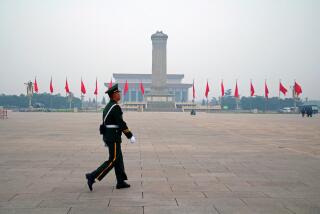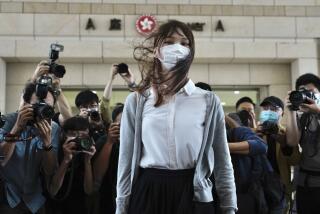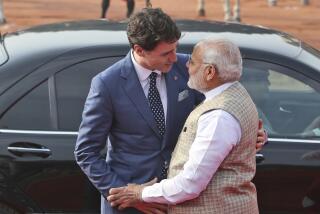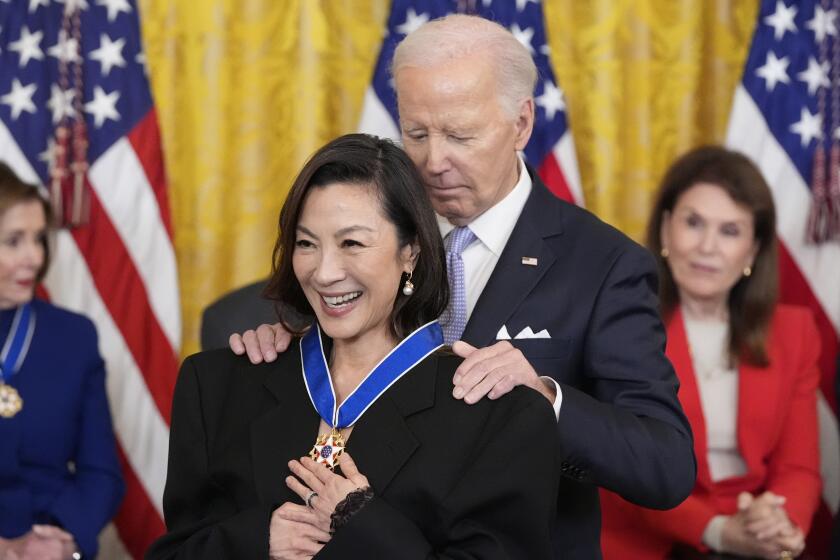Chinese detain a third Canadian, this one an English teacher, in continuing diplomatic dispute
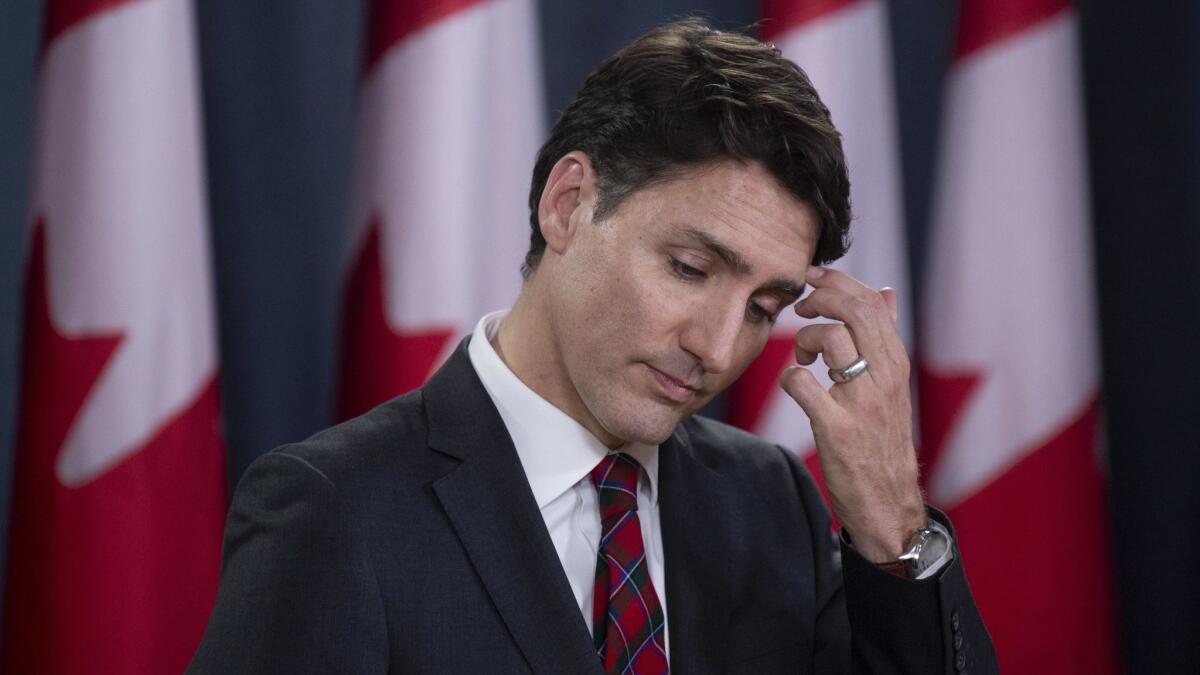
Chinese authorities have detained a third Canadian citizen, further escalating an international conflict that began with the arrest of a high-level Chinese tech executive in Vancouver, Canada, earlier this month.
Sarah McIver has received administrative punishment for illegal employment, the Chinese Foreign Ministry said at a news conference Thursday.

Foreign Ministry spokeswoman Hua Chunying sought to draw a distinction between this arrest and those of two other Canadian citizens, Michael Spavor and Michael Kovrig.
“This third case is different from the previous two persons, who are suspected of endangering national security, and with respect to whom the relevant authorities adopted compulsory measures,” Hua said.
Canadian authorities had previously confirmed the detention of a third Canadian citizen. At a news conference on Wednesday, Canadian Prime Minister Justin Trudeau also emphasized that this case appeared to be more routine.
“We are looking into the details on this most recent one that doesn’t seem to fit the pattern set by the previous two,” Trudeau said.
Canada’s National Post newspaper reported on Wednesday that McIver is an Alberta woman who was teaching English in China at the time of her arrest. The Post also said that arrangements were being made for her return to Canada.
However, the timing of the arrest is likely to raise suspicions. The move occurs amid a tense diplomatic row between the two countries stemming from the arrest of Meng Wanzhou, chief financial officer of Huawei, a Chinese tech Goliath. Canadian authorities arrested Meng after receiving an extradition request from the United States. She has been accused by American authorities of violating U.S. sanctions against Iran.
The case has catapulted Canada into the middle of a trade war between its two largest trading partners.
Meng has since been released on bail. She was ordered to surrender her passport and remain in Vancouver, where she owns property. President Trump has said he might intervene in her case if it helps trade negotiations with China.
Although the arrest was made at the behest of the United States, Chinese authorities appear unwilling to let the case disrupt trade talks with Washington, and have directed most of their ire at the Canadians, with what are widely seen as tit-for-tat detentions.
Kovrig, a former Canadian diplomat who is now an analyst for the International Crisis Group, a think tank, was taken into custody in Beijing on Dec. 10. Spavor, who operates a cultural exchange program with North Korea and boasts a friendship with Kim Jong Un, was arrested the same day.
The Chinese internet has smoldered with discussion of a trade boycott of Canadian goods — a favorite tactic in a country of 1.4 billion consumers. Last week China’s Global Times, a state-owned nationalistic newspaper, speculated that consumers might boycott Canada Goose, an upscale manufacturer of winter clothes.
The company’s stock dropped after Meng’s arrest. Canada Goose also delayed the opening of a flagship store in Beijing’s trendy Sanlitun district.
DeButts is a special correspondent.
More to Read
Start your day right
Sign up for Essential California for news, features and recommendations from the L.A. Times and beyond in your inbox six days a week.
You may occasionally receive promotional content from the Los Angeles Times.
